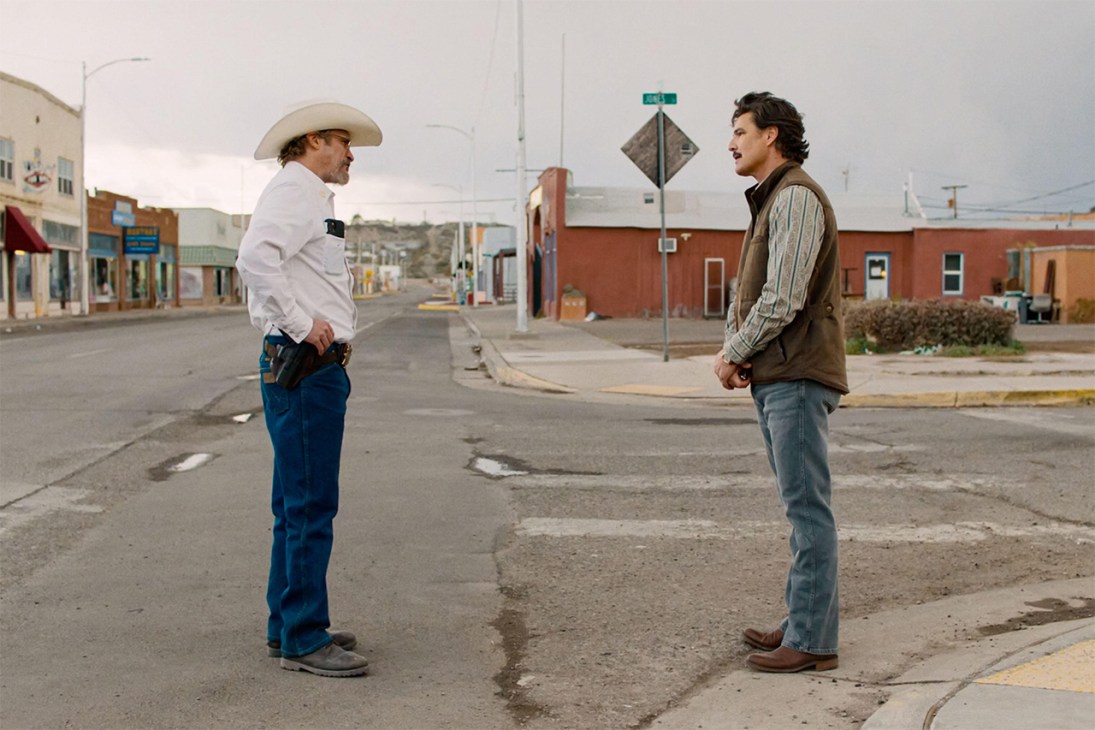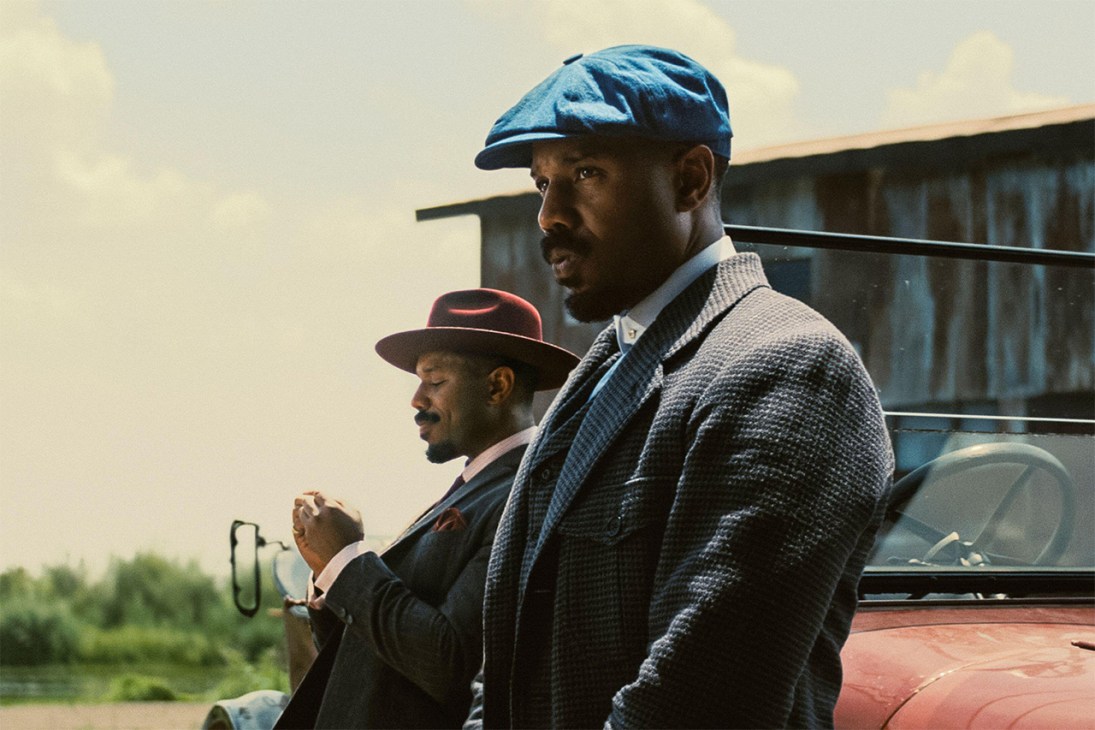Hollywood is undergoing an economic revolution. Is cinema’s future on course for a plot twist?
Is Hollywood’s age of infantilisation coming to an end? Economic shifts suggest there’s cause for optimism. Cue drama.
Hollywood’s financial model is a many-tentacled, fast-evolving beast. Its true motives are kept intentionally opaque and its fortunes are often inscrutable even to those behind the studios’ gates. However, when what emerges is the world’s pre-eminent art output, understanding its economic motives is to parse a global impact that shapes everything from fashion to foreign policy and even our own neuroses.
A project’s commercial fate can remain a mystery long after its premiere. Even the creators of the 1997 smash hit Men in Black have said that they are told annually that their film has continued to “lose” money over the years, preventing them from profiting from its $600m (€509m) box office. Consider Warner Bros. Discovery CEO David Zaslav, whose 2021 compensation package totalled $246.6m (€209.3m). The following year, he shelved completed films to capitalise on tax incentives – a cursed echo of Mel Brooks’s The Producers, which in 1967 cheekily suggested that it was easier to profit from a flop than a hit. In other words, the gatekeepers of the world’s most popular artform found a way to monetise empty cinemas.
The rise of streaming has further blurred the lines by keeping viewer numbers hidden, shortening theatrical-release windows and muddying already murky accounting waters. With ballooning marketing budgets and diminishing returns, studios have been compelled to look elsewhere for steady revenue. Brand tie-ins, product placements and sprawling IP libraries can contribute as much, if not more, than ticket sales. This dynamic has transformed the kinds of films that are being made. Much of cinema’s output has split into two camps: childish tent-pole blockbusters designed to sell everything from trainers to theme-park churros, or smaller-budget releases from A24 or Blumhouse, which cost under $10m (€8.5m) and only need to occasional success to stay viable.

In recent years, this shift has squeezed out the mid-budget Hollywood film (generally defined as one with production costs between $10m and $100m (€8.5m and €85m). Matt Damon lamented back in 2022 that, without DVD sales, titles such as The Talented Mr Ripley, The Informant! and Behind the Candelabra, which had once been his “bread and butter”, were no longer economically viable. As a result, Damon started cropping up in franchises like Thor, and we saw him in fewer period dramas, taut thrillers and romantic comedies. Merchandisable IP became the new movie star.
But in a rare win-win situation between audiences and capitalism, change is afoot. After a series of crises – including coronavirus lockdowns, industry strikes and wildfires – there’s a new glimmer of hope. One strange perk of studios owning so many parts of the entertainment pipeline is that they can leverage synergy. For example, NBCUniversal owns a wide array of international television channels across broadcast, cable and streaming, along with podcasts, ticketing platforms and even the review website Rotten Tomatoes.
So, while a mid-budget flick might not gross as much as the latest Fast & Furious instalment, NBCUniversal can milk it for every cent across its ecosystem by placing its stars on in-house talk shows and podcasts, driving audiences to check the film’s score on Rotten Tomatoes and then directing them to buy tickets directly through its websites. Every viral moment from Jimmy Kimmel Live!, SNL or The Kelly Clarkson Show is more cash in the studio’s pot, making mid-level productions a less risky proposition. It’s a brazen confluence of art and commerce that might just resurrect the rom-com.
Certain tax incentives around the globe can also reduce production costs. Many US game shows are now being shot on the Emerald Isle, as it’s cheaper to fly contestants and hosts from California than to film on a Los Angeles sound stage owned by Fox Broadcasting Company. And while this shift is great news for those locales, it threatens swathes of working-class jobs in Hollywood, with many production workers struggling to earn a living. The result is mounting pressure to create similar tax incentives in California (Donald Trump’s “100 per cent tariff” on non-American films is a non-starter).

Now, with mid-budget films seen as lower risk, there’s more incentive to make them. Well-reviewed, inventive releases such as Sinners, Bridget Jones: Mad About the Boy, The Monkey and 28 Years Later have all earned ample returns on investment, proving that the box office still matters and that the industry doesn’t have to focus on how many tie-in Lego sets that it can sell. Sinners’ creator Ryan Coogler, Hollywood’s man of the moment, recently avoided the pitfalls of “Hollywood accounting” by negotiating “first-dollar gross” (a practice in which actors and producers take a percentage of gross box-office revenue from the first dollar made) rather than waiting for the studios to admit to making a profit.
The deal made by Coogler also stipulated that the rights to Sinners will eventually revert to him, rather than being absorbed into an IP vault. This ownership model prioritises theatrical revenue, with the myriad other ways the vampire flick can generate cash treated as the icing, not the cake.
Given its unpredictable nature, 21st-century media could look radically different in just a few years – but there are reasons to be optimistic. Mid-budget titles such as The Smashing Machine, Eddington and others are jostling to become this autumn’s Sinners. But audiences will need to vote with their wallets if we want more starry films made for grown-ups. So let’s ride the wave of this exciting new era and go to the cinema – at the very least, it would make Matt Damon happy.



